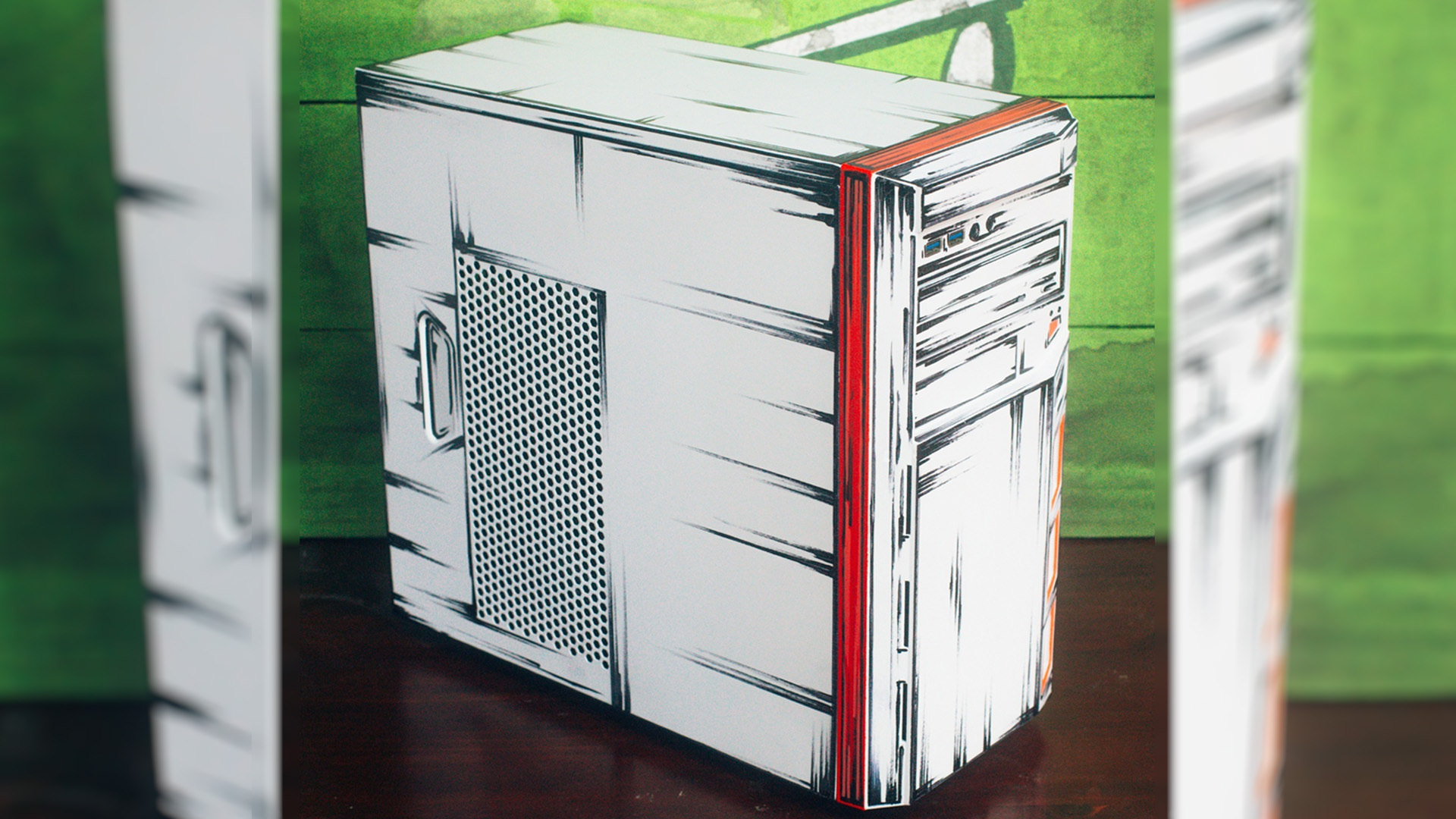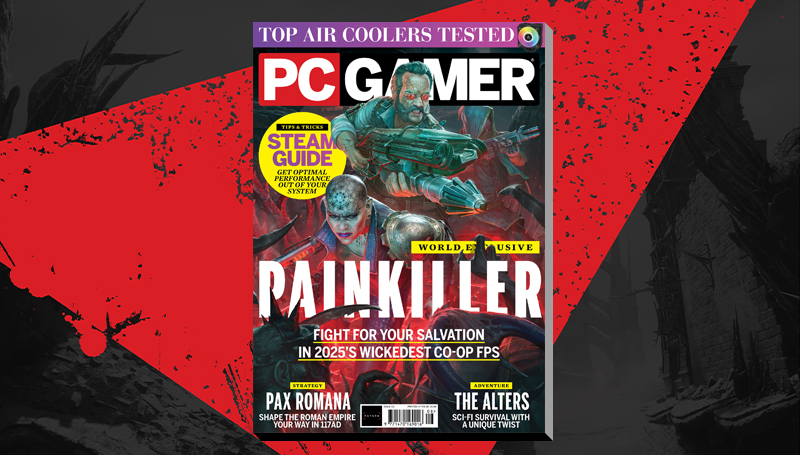
And it's all down to an improved NTsync driver.
While Microsoft’s Windows OS dominates the PC gaming market, the rampant success of the Steam Deck is doing sterling work at turning gamers towards Linux. The open-source operating system has been given a kernel update that contains at least one change that’s potentially great news for PC gamers—enough to forgive the fact that Torvalds himself missed the deadline for the release of the update, albeit by a measure of hours.
I’m not being in the least bit critical about Torvalds skipping his usual release schedule (Sunday afternoons) and I only mention it as the man himself blames the delay on his own “pure incompetence” because “absolutely nothing last-minute happened yesterday, and I was just clearing up some unrelated things in order to be ready for the merge window. And in the process just entirely forgot to actually ever cut the release. D’oh.”
Given what the kernel update contains, though, Torvalds could be forgiven for missing the deadline even if it was several weeks late. The change in question is an improved NTsync driver (via ZDNet) and it’s potentially massive news for PC gaming on Linux platforms.
The reason why is that this driver helps support the emulation of NT synchronization primitives for running Windows applications and games in Linux. These are software mechanisms that control how different processes and threads access resources, such as CPU cores and memory, and how they interact with other processes.
With the 6.14 update, the improved NTsync code is now part of the Linux kernel itself (or rather, just the important parts of the driver), and the changes have the potential to significantly increase an emulated game’s performance. Phoronix offers figures from Wine developer Elizabeth Figura, ranging from a 24% to 678% uplift, and you can learn more about the work required to do this in a presentation by Figura from last year.
Now, I hasten to add that even if SteamOS is immediately updated to include the 6.14 Linux kernel, you’re not necessarily going to see your Steam Deck running games at double the speed it was before. That’s because the primary performance bottleneck on that handheld is the GPU and a better NTsync driver can’t turn that processor into an RX 9070 XT.
However, for the world of non-Windows gaming, it is potentially great news because, for anyone using Wine to handle gaming on their Linux-based rig, there’s a good chance that the new kernel will give things a bit of a kick. How much so will depend on what’s limiting the frame rate in the first place—if it’s the GPU, like in the Steam Deck, then you probably won’t see any gains. But if it’s a system limitation, then it could be Christmas come early.
Now that SteamOS is no longer exclusive to the Steam Deck, the 6.14 kernel update could help to bring Linux to even more gamers. We’re not going to see Microsoft’s near-monopoly of PC gaming end any time soon but every step forward, no matter how little, is worth celebrating.
Best handheld gaming PC: What’s the best travel buddy?
Steam Deck OLED review: Our verdict on Valve’s handheld.
Best Steam Deck accessories: Get decked out.




